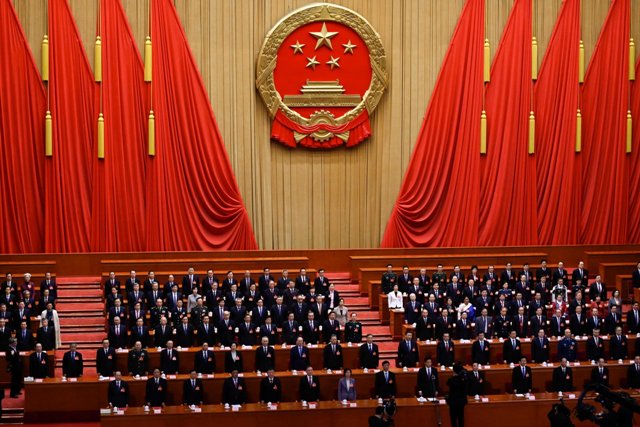Russia and China define democracy, human rights and the international order
Barely days after the high-profile virtual summit of the Quad and the high drama of the US-China sui generis “2+2” in Alaska, the Foreign Ministers of Russia and China convened in the southern Chinese city of Guilin, to reiterate the vibrancy, strength and determination of the bilateral partnership.
A joint statement was issued on “Certain Issues of Global Governance in Modern Conditions”. It addressed the quibbles of Russia and China with current Western attitudes towards them, as expressed in Alaska and other recent statements. It made the familiar point that, while human rights are universal, indivisible and interrelated, countries should preserve and protect them “in accordance with national characteristics”. The Ministers agreed that there is no single model for democracy: sovereign countries have the legitimate right to determine their own path of development. Familiar also was the emphasis on universally recognized norms and principles of international law, though its corollary – the unacceptability of “rules-based orders” defined by groups of countries – was not in the document, though both Foreign Ministers mentioned it in their statements. The Quad joint statement talks about a rules-based order, but with the qualifying phrase “rooted in international law”. The Russians and Chinese had no reason to recognize this nuance, but Indian analysts and the media also missed it.
Somewhat surprisingly, the joint statement did not include bilateral views on other major international developments. It could be that the countries wanted to keep the focus on the broader issues highlighted at the Alaska and Quad meetings. Both Ministers made media statements and both countries issued separate press releases with different content and emphasis. The Indian media has erroneously described the statement issued by the Chinese as a joint press release.
Lavrov predictably confirmed that Russian and Chinese views on international developments are similar, that they reject “zero-sum political games”, illegal unilateral sanctions and the new trend towards creating “closed alliances”, similar to the politico-military structures of the Cold War. He said they discussed “preparations” for a summit of the UN Security Council permanent members, which President Putin has recently been pushing at every opportunity, and which he said has received the support of President Xi Jinping. This, however, does not figure in the Chinese press release.
The Chinese press release mentions agreement of both sides that the Iran JCPOA should be revived. In this context, they also apparently agreed on the need for a “regional security dialogue platform” to address security concerns of countries in the region. Again, this has been widely misreported in the Indian media as a suggestion for the Indo-Pacific (or Asia-Pacific) region. In fact, both Russia and China are of the firm opinion that the East Asia Summit and other ASEAN-centric institutions are the appropriate forums for all discussions on cooperation and security in the region and they do not want other mechanisms – as they say consistently, in response to the Quad.
Written by Ambassador PS Raghavan,Former Indian Ambassador to Russia and published originally in www.anantacentre.in and being reproduced with due permission from Ananta Centre, 2 Institutional Area, Lodi Road, New Delhi duly acknowledging their copy rights.




